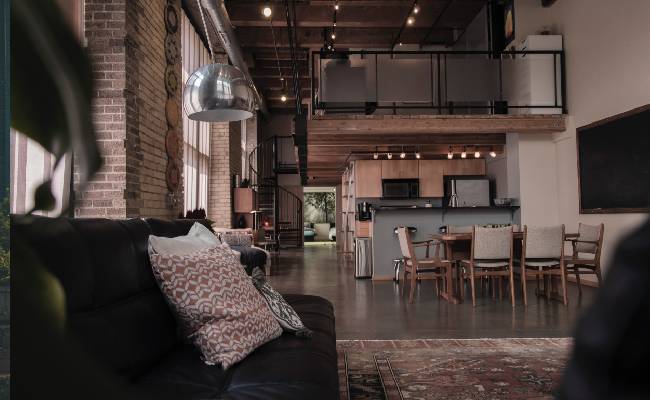
Most people tend to accumulate plenty of things over time, which can easily lead to clutter. The clutter only tends to get worse the longer you stay in a particular house or apartment since you are not forced to go through items during a move. Unfortunately, clutter can pose all sorts of problems. It may be unappealing aesthetically, it can make things hard to find, or it can even pose a fire hazard or a fall hazard depending on how tall your piles of stuff are. If you have finally decided to tackle the clutter, keep these key practices in mind and the process of decluttering should go by fairly smoothly.
Depending on how much clutter you have, you may find it overwhelming to even start the process of cleaning up and organizing. Some people do best when they take it slowly. If there is no real rush to decluttering your home, then make some sort of goal. Maybe you have to spend five minutes a day going through stuff and figuring out what you will keep and what you will get rid of. Or maybe you have to find 10 items to donate and 10 to toss each week. This will make the idea of decluttering less overwhelming.
You need to know what will work best for you, however. Some people do best when they see major results. If you know that results will inspire you to keep going, then set aside a weekend to make a major dent in your clutter. From there, you will see how much you achieved and want to keep decluttering.
When you declutter, remember that you have more options than just keeping something or throwing it out. Find a worthy cause and donate items to it. This way, you can declutter without feeling wasteful. You will know that the item in question will go to a good home where it can be used and appreciated, and you will be supporting a good cause at the same time. As a bonus, you can deduct a certain amount of donations on your taxes.
For many people, one of the biggest challenges of clearing out clutter is what to do with the items that have sentimental value. It is incredibly common to hold onto certain items because you cannot emotionally bear to get rid of them, despite not needing the object on a regular basis. If you find that you have a lot of items like this and you are just not ready to part with them but do not need them readily accessible, consider storage. You can put all your sentimental items in secure storage bins and rent a storage space. This way, you will still have them, but they will not take up precious space in your home.